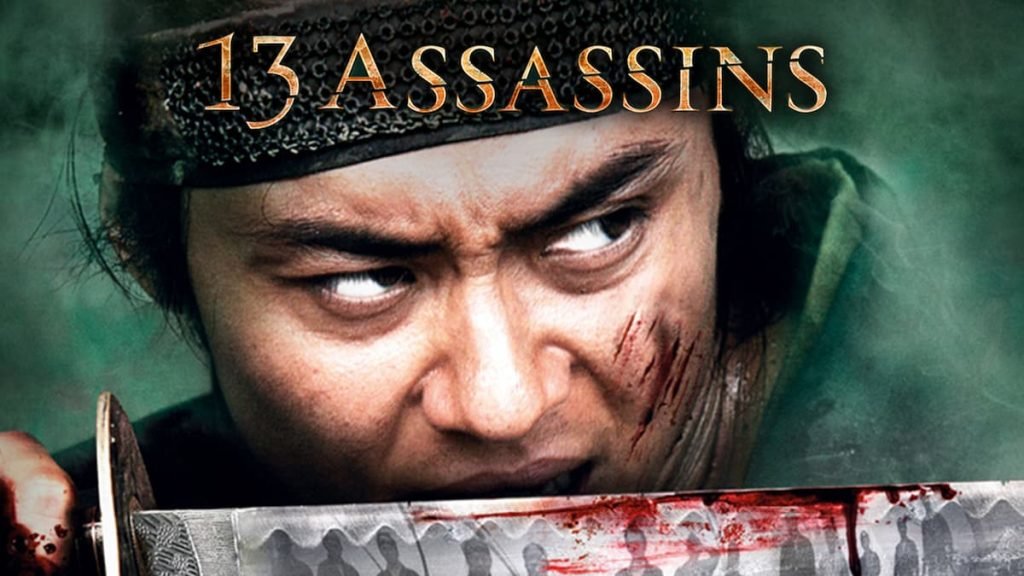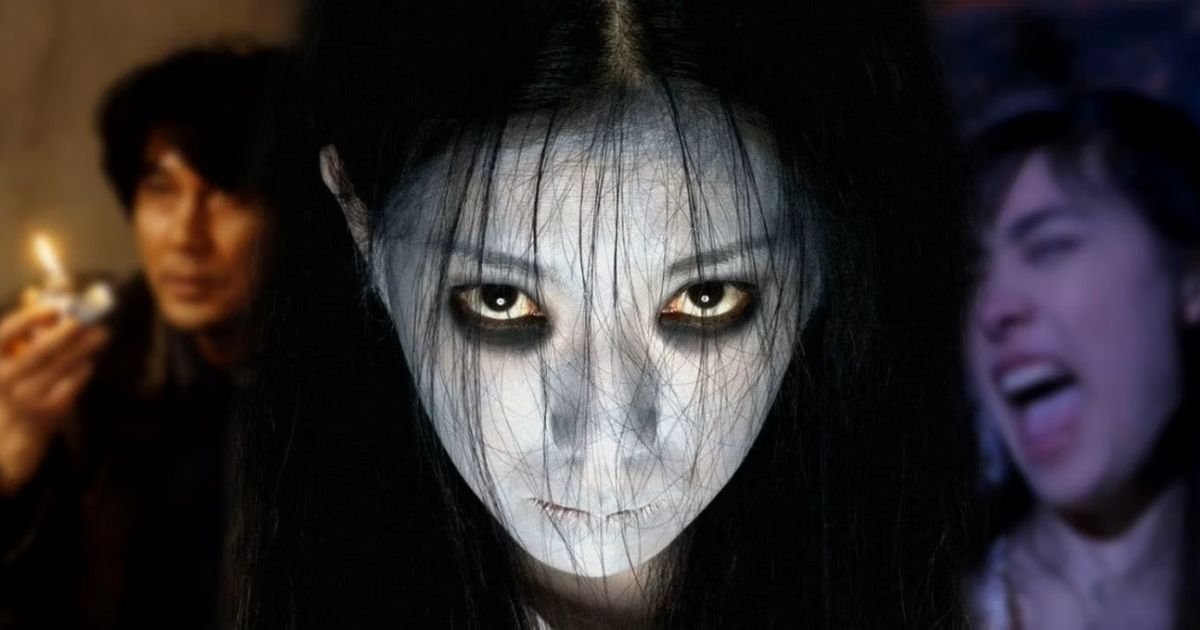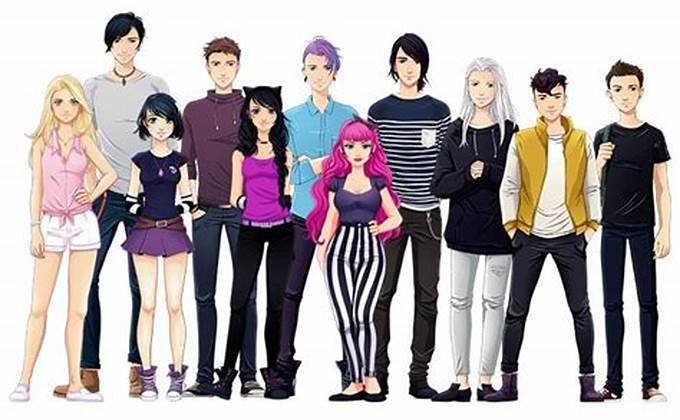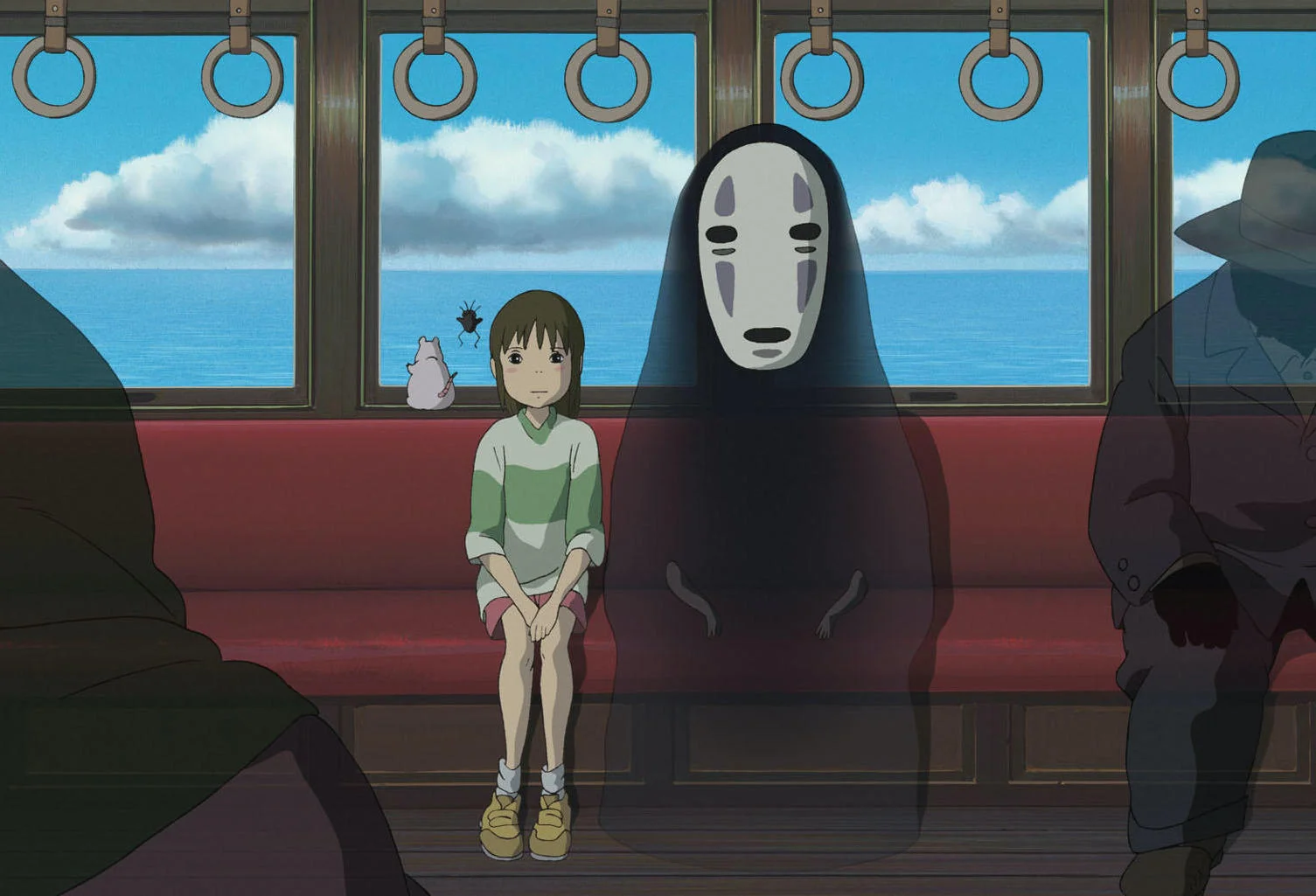Japanese cinema has a long and storied history, offering profound insights into the country’s culture, history, and societal changes. Whether you’re a cinephile or a casual viewer, these films provide a window into Japan’s unique heritage, showcasing traditional customs, family dynamics, social structures, and the modern world. Here’s a list of the top 10 Japanese films you must watch to gain a deeper understanding of Japanese culture.
1. Seven Samurai (1954)
Director: Akira Kurosawa
Cultural Insight: Samurai honor and feudal society
A cinematic masterpiece, Seven Samurai is not only an epic action film but a rich exploration of samurai culture and the moral codes of feudal Japan. The film provides insight into bushido, the way of the warrior, and the values of loyalty, sacrifice, and community.
2. Tokyo Story (1953)
Director: Yasujiro Ozu
Cultural Insight: Generational conflict and family dynamics
Tokyo Story is a poignant exploration of family life and the generational divide in post-war Japan. Through the story of aging parents visiting their distant children, the film highlights the shift from traditional family values to a more modern, individualistic society.
3. Rashomon (1950)
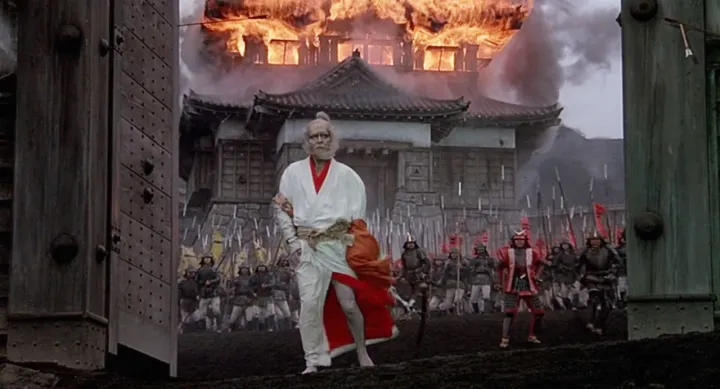
Director: Akira Kurosawa
Cultural Insight: Truth and perspective in Japanese society
This groundbreaking film uses multiple perspectives to explore the concept of truth, justice, and human nature. Set in feudal Japan, Rashomon sheds light on the complexities of moral ambiguity and how individuals interpret events based on their own experiences, reflecting Japan’s intricate societal fabric.
4. Spirited Away (2001)
Director: Hayao Miyazaki
Cultural Insight: Shinto beliefs and Japanese folklore
A visually stunning anime, Spirited Away dives deep into Shinto beliefs, animism, and Japanese folklore. The protagonist’s journey through a spirit world inhabited by gods, spirits, and mythical creatures offers insight into Japan’s spiritual traditions and respect for nature.
5. Battle Royale (2000)
Director: Kinji Fukasaku
Cultural Insight: Social commentary on modern youth
Battle Royale is a dystopian thriller that critiques modern society, focusing on the pressures placed on Japanese youth. The film explores themes of education, competition, and isolation in modern Japan, offering a stark portrayal of societal expectations and their impact on young people.
6. Ugetsu (1953)
Director: Kenji Mizoguchi
Cultural Insight: Supernatural folklore and war
Ugetsu blends historical drama with supernatural elements, reflecting Japan’s long history with folklore and the devastating impact of war. Set during a period of civil conflict, the film explores themes of greed, sacrifice, and the consequences of war on ordinary people, with deep ties to Japanese spiritual beliefs.
7. Our Little Sister (2015)
Director: Hirokazu Kore-eda
Cultural Insight: Modern family and gender roles
A subtle yet powerful drama, Our Little Sister provides a glimpse into modern Japanese family life, focusing on sibling relationships and female empowerment. The film explores changing gender roles, responsibility, and individualism in contemporary Japan.
8. Tampopo (1985)
Director: Juzo Itami
Cultural Insight: Food culture and societal rituals
A unique blend of comedy and food culture, Tampopo is a celebration of Japan’s deep connection to food, particularly ramen. The film delves into the rituals, customs, and social etiquette around food in Japan, portraying it as a central element of Japanese life and identity.
9. Departures (2008)
Director: Yojiro Takita
Cultural Insight: Death rituals and respect for ancestors
Departures is an emotionally moving film about the Japanese tradition of preparing the deceased for burial, offering a respectful look at the country’s death rituals. The film provides insight into Japan’s spiritual connection to life and death, focusing on family and ancestral respect.
10. Kwaidan (1964)
Director: Masaki Kobayashi
Cultural Insight: Japanese ghost stories and folklore
This anthology of Japanese ghost stories is based on classic folklore and offers a fascinating look into Japan’s relationship with the supernatural. Kwaidan beautifully portrays traditional Japanese beliefs about spirits, karma, and the consequences of moral transgressions.
Conclusion
These 10 films offer not only entertainment but also profound insights into Japan’s cultural, historical, and societal fabric. From samurai honor and family dynamics to Shinto spirituality and modern social issues, each film reflects a different aspect of Japanese life, making them essential viewing for anyone seeking a deeper understanding of Japan.







